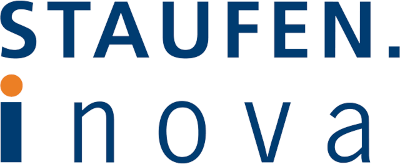
Many companies are seeing their survival threatened by the Corona crisis and are at a standstill. The situation presents a major challenge for production logistics and intralogistics, but also offers numerous chances. Our Staufen Experts Irina Müller and Marco Brandl present, in the following interview, very specific approaches for executives and leaders, that could help you to overcome the crisis and to be prepared for what comes after.
What do logistic experts and leaders have to expect after the crisis? What challenges does this occupational group have to face?
Marco Brandl: Many companies will be confronted with a high backlog of orders, which cannot be compensated in a short period of time without lean philosophy tools. Consequently, customers of such companies cannot receive the ordered manufactured goods in time. The resulting delayed invoice will lead to a further burden on the P&L.
Irina Müller: Another challenge companies have to face will be the enormous disruption of processes, which have arisen through missing parts – be it materials from the supplier or the internal production – as well as by short-term changes in orders. In the worst case, companies must completely shut down production or assembly, many materials and supplies will be used up, which will then further complicate a successful ramp-up.
Why is it important, especially now during the corona crisis, to master the topic of lean and efficient production and intralogistics?
Irina Müller: The current situation slams the brakes on many industries. After implementing shorter working hours and after measures for safeguarding liquidity etc. have been introduced, most companies fight to keep their operational business running, as well as their processes and their supply chain. Many opportunities will become available for companies that are already preparing for the time after the crisis and those that focus on production and intralogistics. As soon as the situations calms and businesses are able to start up again and produce at full capacity the following will happen: frequent readjustments of customer orders in planning and control and the associated material reservations, resulting in missing parts are a burden on orders. This is why it is essential to counteract this in an early stage, by prioritizing and checking customer orders. Now it makes sense to review the concept, to optimize warehouses, e.g. by structuring them according to zones, to work out appropriate storage strategies, and to really focus on process stability. A typical question that can be asked, for example, is which materials should be provided according to consumption and demand. These measures ensure that companies can quickly reach safe ground after the ramp-up phase and that assembly logistics and production remain disturbance-free.
Which companies and experts would most profit from further development of their knowledgebase in the area of lean logistics?
Marco Brandl: All companies that are active in the manufacturing sector, who have started lean transformation in their production and are now exhausting optimization potential through the support of lean logistics, can profit from this knowledge greatly. I am specifically thinking about reducing lead times and considering value creation and logistics separately.
Irina Müller: All areas of logistics, assembly, or manufacturing but also the procurement and order control will gain many benefits from this as well.
What advice would you give sector and management experts from logistics?
Marco Brandl: Companies that now manage to set up their logistic processes in a lean manner will now be able to react more quickly to the volatile market situation after the crisis and thus can secure a stronger competitive advantage and can keep up a sustainable market share. Concretely I suggest that the separation of value creation and logistics should already start to ensure the satisfaction of the rising demand after the crisis in the best possible way. Currently I would give the production logistics a lot of attention in order to raise the value creation and to minimize waste in processes.
Irina Müller: I would suggest, to look at the interface of logistics in the company and to examine and specifically define the tasks of logistics in order to close gaps and to estimate the effects on other areas. Now a plan should be created for the ramp-up phase to potentially broaden the shift model in the short-term. This could include, e.g., an extension of the time necessary for incoming goods as well as an expansion of the logistics shifts analog to the assembly and the manufacturing. Likewise, I recommend verifying the tasks for completion and examine the missing parts situation more closely and to counteract accordingly so that the ramp-up succeeds.
At Staufen Marco Brandl is bringing his experience as a Project Manager to the Holistic Transformation team. His consulting focus lays on the further development of lean production logistics systems, purchasing disposition to minimize inventory levels while ensuring the highest possible availability of materials, and the optimization of assembly systems. His profile is complemented by his competence in integrative factory structure planning. In addition to his work as a consultant, Marco Brandl is active as a Lead Trainer for the Lean Logistics seminar at the Staufen Academy.
Irina Müller can fall back on her practically oriented career experiences in logistic planning and production supply in the automotive and aviation industry as well as in the automatization of high rack warehouses in the food industry. At Staufen Irina Müller manages and supports various projects concerning production supply, logistics planning, and implementation. In addition to her practical experiences in start-up management and in setting up assembly lines (small series), Irina Müller is also a Lean Logistics trainer.


